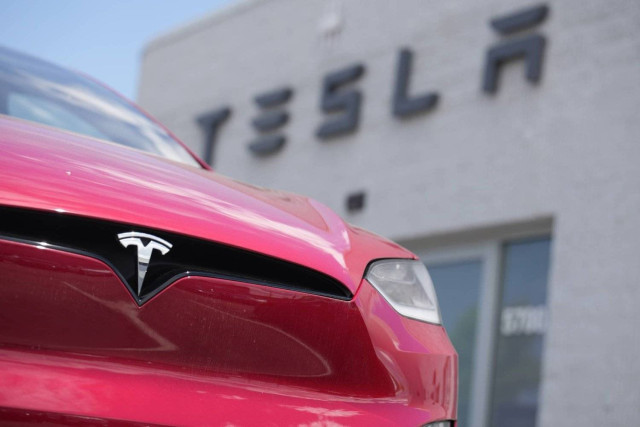In the second quarter, Tesla reported its lowest profit margin in over five years and fell short of Wall Street's earnings expectations.
The electric vehicle manufacturer reduced prices to stimulate demand while increasing investment in AI projects.
Despite being on track to produce new vehicles, including more affordable models, in the first half of 2025, the cost reduction achieved is expected to be lower than previously anticipated.
Following this news, shares dropped by 8% in after-hours trading, as reported by Reuters
Thomas Monteiro, a senior analyst at Investing.com, emphasized the urgency for Tesla to deliver results, particularly with regard to the humanoid robot and Robotaxi.
The second quarter was marked by CEO Elon Musk's decision to halt the development of a new budget-friendly car in favour of more modest lower-cost models, as well as efforts to develop self-driving taxis, which positively impacted the company's stock.
Additionally, Tesla implemented workforce reductions of over 10% in order to reduce expenses, and attributed the decline in profits to restructuring charges and increased operating costs associated with AI projects.
Tesla's automotive gross margin, excluding regulatory credits, was recorded at 14.6% in the second quarter, falling short of the estimated 16.29% by 20 analysts surveyed by Visible Alpha.
Dan Coatsworth, an investment analyst at AJ Bell, noted that Tesla has now missed earnings targets for four consecutive quarters.
He emphasized that while there is excitement surrounding concepts such as robotaxis, humanoid robots, and autonomous driving, these are potential future opportunities rather than immediate sources of revenue.
During a conference call with analysts, Musk acknowledged that new competitors had significantly discounted their electric vehicles, posing a challenge for Tesla.
The company's electric vehicle deliveries have declined for two consecutive quarters amid increasing competition and sluggish demand.




















